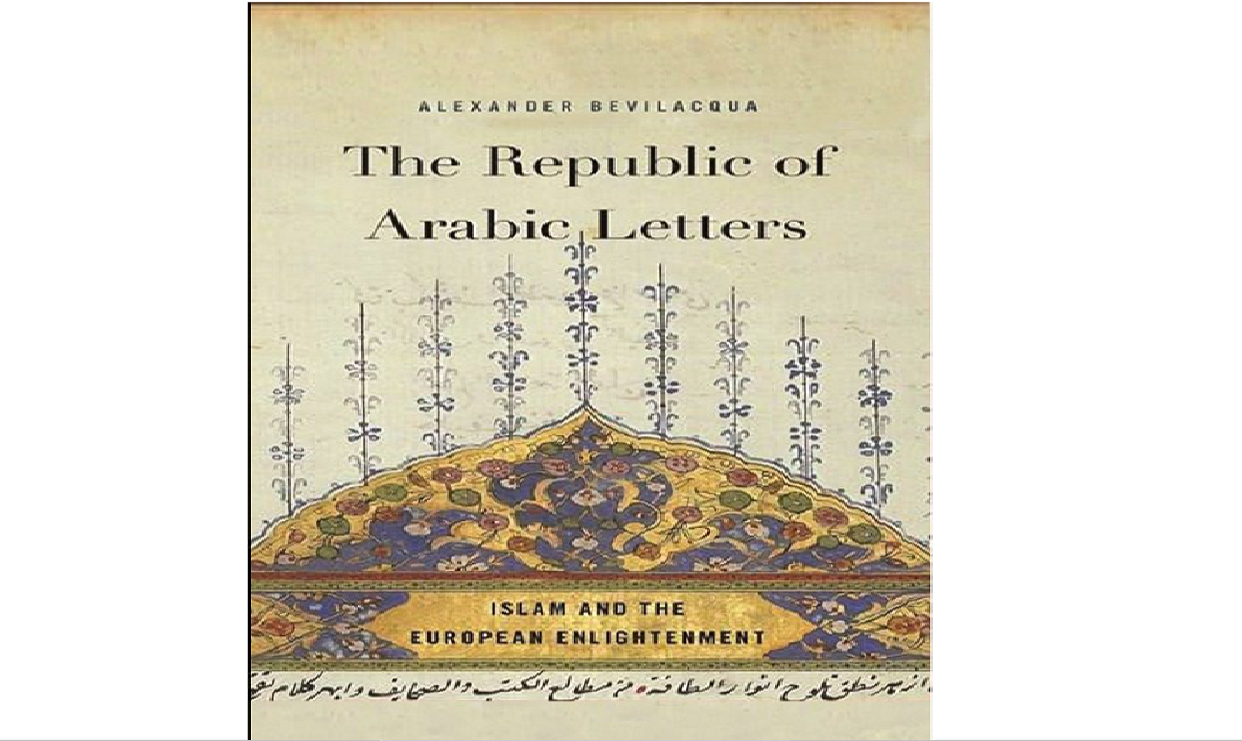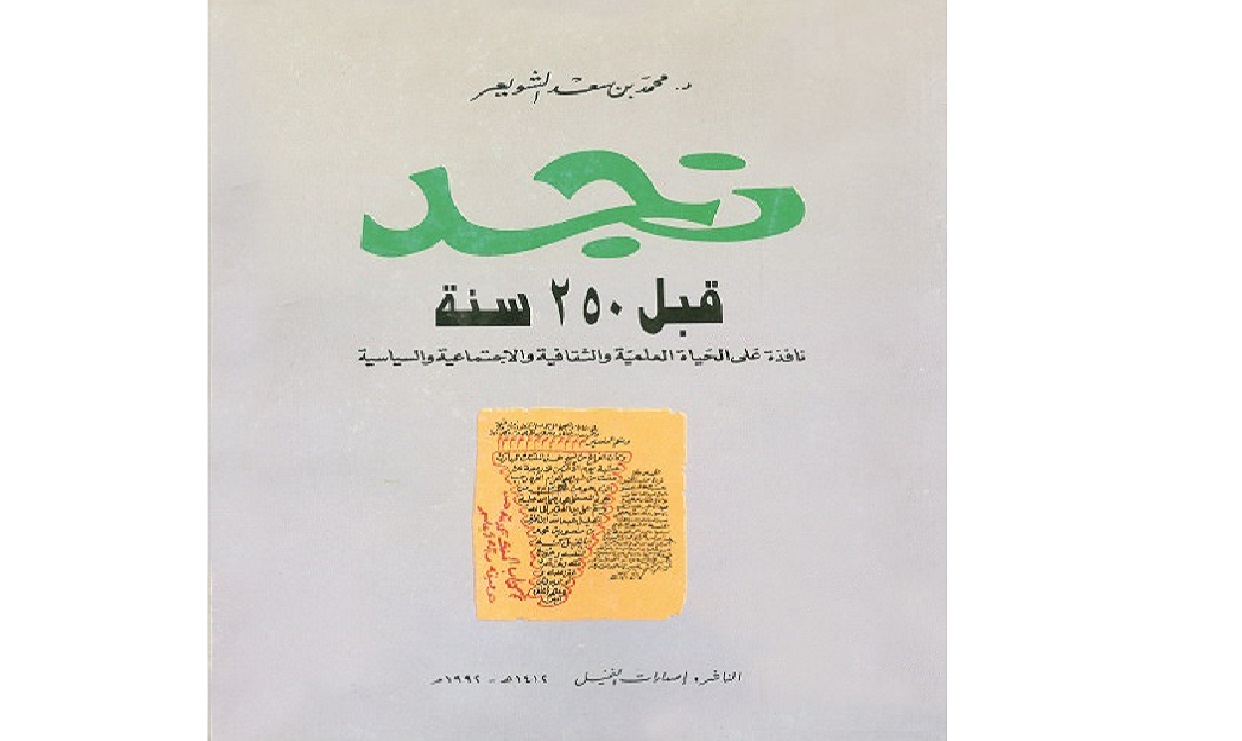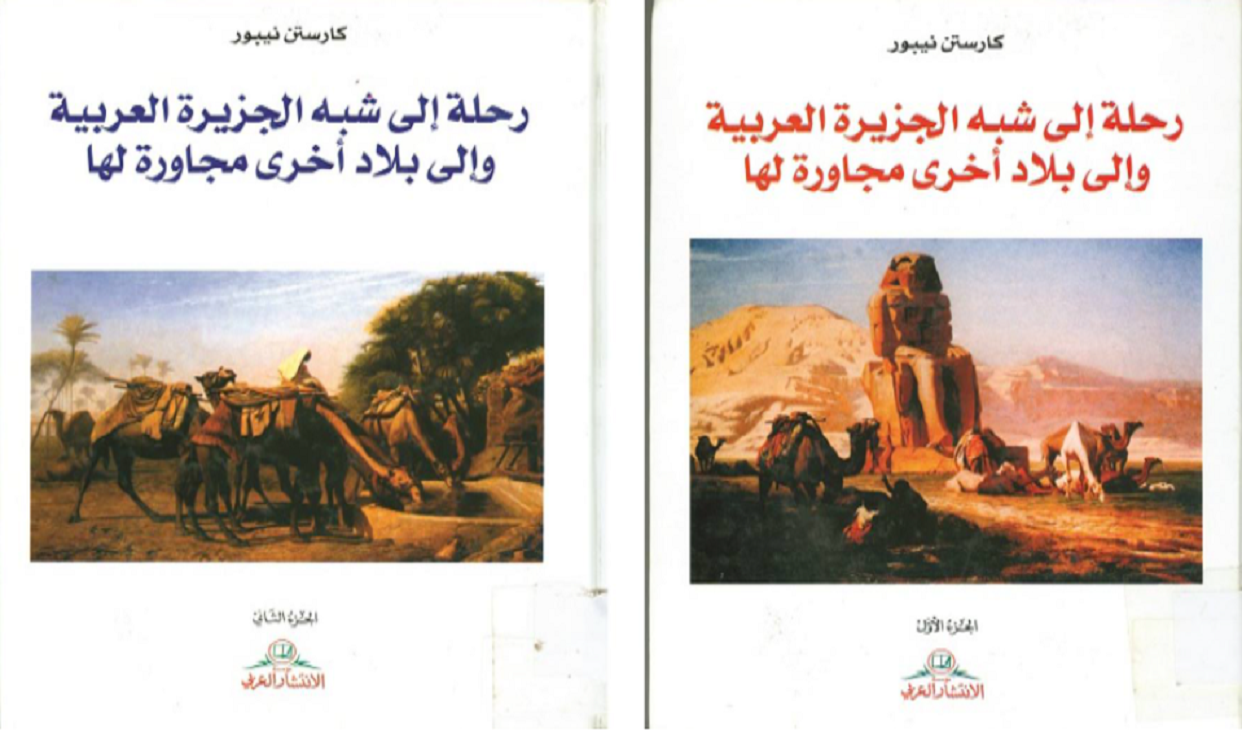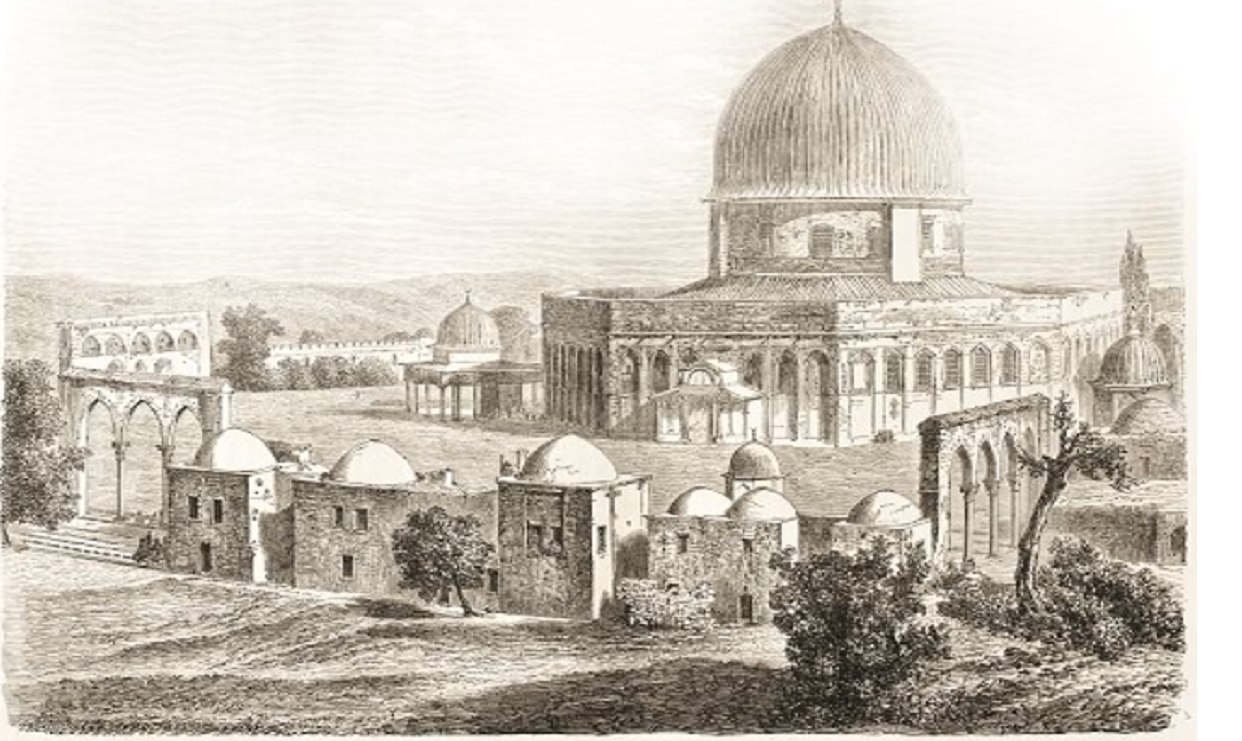876 عدد المشاهدات
Book Title: The Republic of Arabic Letters: Islam and the European Enlightenment
Author: Alexander Bevilacqua
Published: February 23, 2018
Publisher: Belknap Press: An Imprint of Harvard University Press
In the seventeenth and eighteenth centuries, a pioneering community of Christian scholars laid the groundwork for the modern Western understanding of Islamic civilization. These men produced the first accurate translation of the Qur’an into a European language, mapped the branches of the Islamic arts and sciences, and wrote Muslim history using Arabic sources. The Republic of Arabic Letters reconstructs this process, revealing the influence of Catholic and Protestant intellectuals on the secular Enlightenment understanding of Islam and its written traditions.
The Republic of Arabic Letters shows that the Western effort to learn about Islam and its religious and intellectual traditions issued not from a secular agenda but from the scholarly commitments of a select group of Christians. These authors cast aside inherited views and bequeathed a new understanding of Islam to the modern West.

Alexander Bevilacqua, Assistant Professor of History at Williams College, specializes in the cultural and intellectual history of early modern Europe (ca. 1450 to 1800).
His research examines Western understandings of human diversity and of non-Western religious and intellectual traditions. He offers courses on the history of Europe from Renaissance to Enlightenment, and in particular on the cultural and intellectual transformations of what has often been called the first global era.





